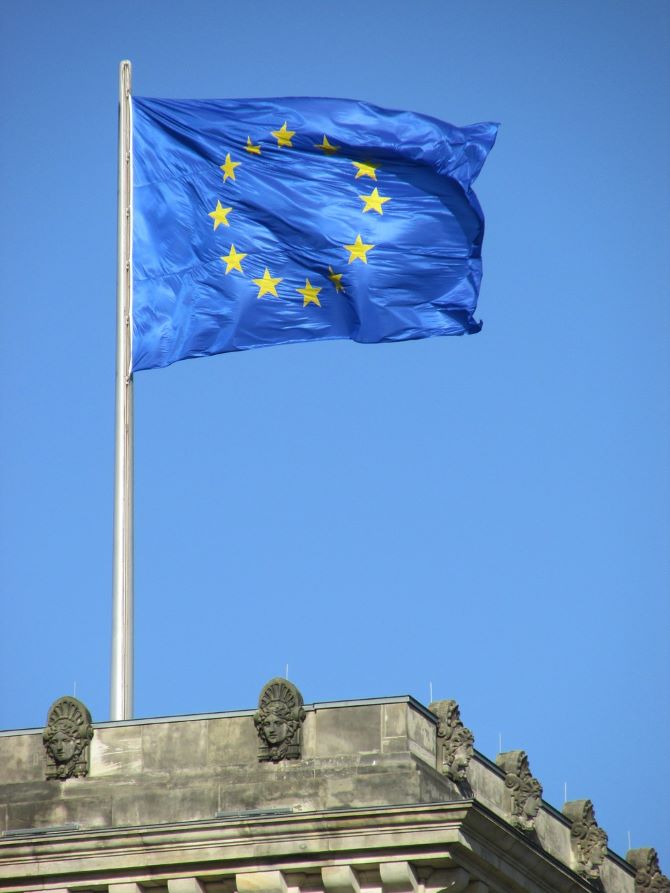Just 17 European companies put their climate plans to a vote in 2023, a drop from 36 the previous year, according to new research.
The idea of putting a climate strategy up for shareholder approval – so called say-on-climate votes – emerged in 2020, with a number of companies offering investors the opportunity to vote on their forward-looking climate strategies across the following years.
The issue has since become somewhat divisive and it appears the trend reseeded last year, with just 17 such resolutions recorded in Europe, despite the region being typically more supportive of the idea. Across Europe, France, Spain and the UK lead the charge, according to Morrow Sodali’s latest analysis.

A note from Linklaters ahead of last year’s proxy season highlighted the divide in opinions. While it pointed to calls from specific investor groups for more say-on-climate proposals, it added that: ‘companies should bear in mind that not all investors support the need for such resolutions and would prefer that companies invest time and effort in developing their climate governance and reporting.’
Outside of the big three countries continuing to drive the trend forward, Portugal saw one company put its climate plans up for a vote – the first firm in the country to do so. IR Magazine award winner energy company EDP asked its shareholders to vote on its 2023 climate change objectives, which aim to achieve net zero by 2040.
The response was overwhelming, with nearly 100 percent of votes in favor, according to Morrow Sodali. Miguel Stilwell d’Andrade, EDP CEO has been vocal around the challenges the energy sector faces as it transitions to a sustainable future.

In October, he signed an open letter along with more than 100 global company leaders ahead of COP28, pointing, highlighting the potential of the energy transition to create 51 million jobs by 2030. In it, the firms called on policy makers to increase investment in renewables and electricity grids, improving public procurement practices, accelerating carbon reductions and simplifying and harmonizing climate disclosure and measurement standards.
The board view
The expansive 2023 edition of the Morrow Sodali Lighthouse report offers an in-depth analysis of the past proxy season across nine countries in Europe: France, Germany, Ireland, Italy, Portugal, Spain, Switzerland and the UK. It looks at AGM formats and attendance, board composition, gender diversity on boards, elections, remuneration and more. It also gives European corporates – and their boards – an insight into the challenges ahead.
In 2024, European corporate boards are expected to grapple with a dynamic landscape, necessitating proactive, adaptable and transparent approaches, it states. Ongoing challenges stemming from increased capital costs, geopolitical uncertainties and continuous technological disruptions will likely persist into the new year, it continues.
Morrow Sodali also points to the need for greater board diversity. ‘Adapting to stay relevant and effective means embracing diversity in board composition, fostering a culture of continuous learning, and incorporating a wide range of perspectives to enhance decision-making,’ writes David Risser, the firm’s managing director for board and governance, in the report foreword.
‘The bottom line is clear: The intricate interplay of these factors necessitates a holistic, informed and agile governance model.’

In 2012, the European Parliament adopted a resolution on women and business leadership, a move that started a three-year countdown for companies to meet a 30 percent threshold of female membership in their boards. The same resolution also required companies to meet a 40 percent threshold by 2020.
Then, in 2022, the EU took it a step further with the women on board directive, requiring all listed companies in the region to have at least 40 percent female non-executive directors or a minimum of 33 percent female representation of executive and non-executive directors by 2026.
Morrow Sodali finds that Greece and Portugal remain significantly behind the threshold with less than three years until the deadline.
In the case of Greece, while gender balance on the boards of Athex 25 companies is getting better and it meets the minimum threshold established by Greece (25 percent), it still lags compared to the rest of Europe, where companies average between 30 and 40 percent already.
Portugal fares slightly better with an average 35.4 percent female directors currently occupying a seat on the boards of the country’s listed entities. This marks a slight decrease on 2022 (36 percent) however.
‘Although board gender diversity is reaching relatively acceptable levels across European boards, it is still highly unbalanced in the leadership roles,’ notes Jana Jevcakova, managing director and head of ESG international at Morrow Sodali.
‘The posts of board chair and first executive remain far from gender diversity targets,’ she adds.










